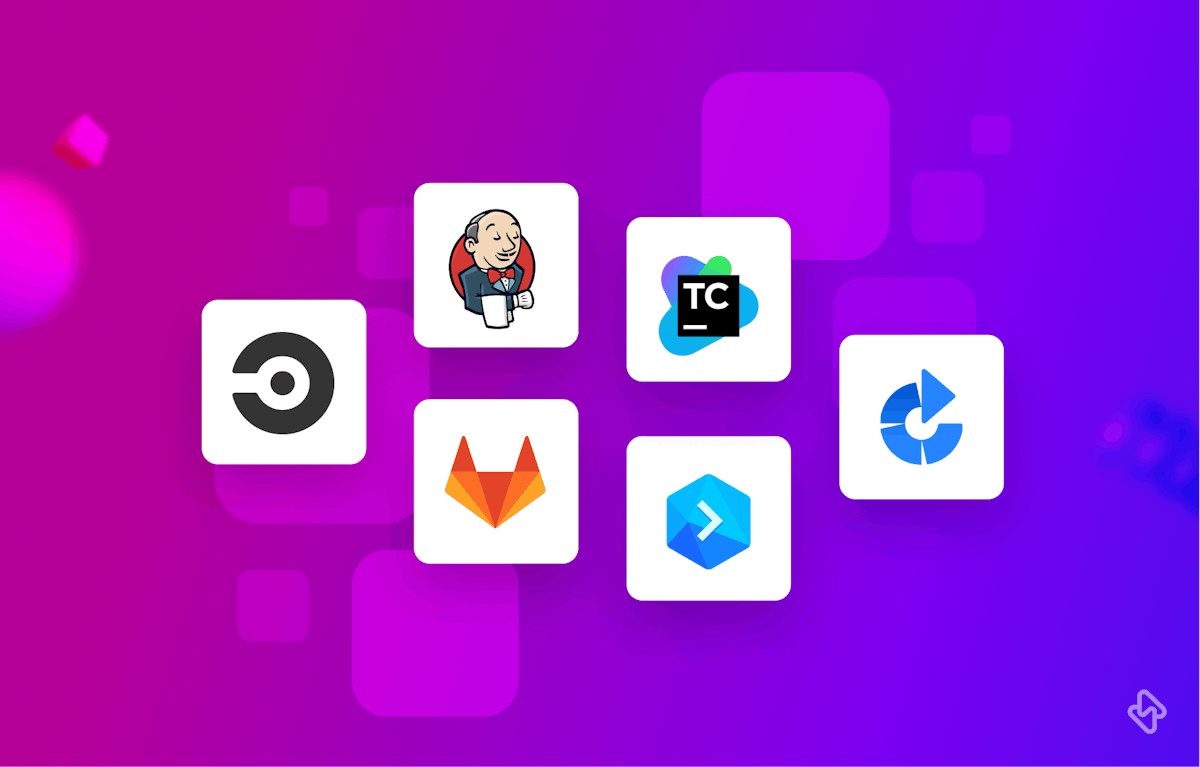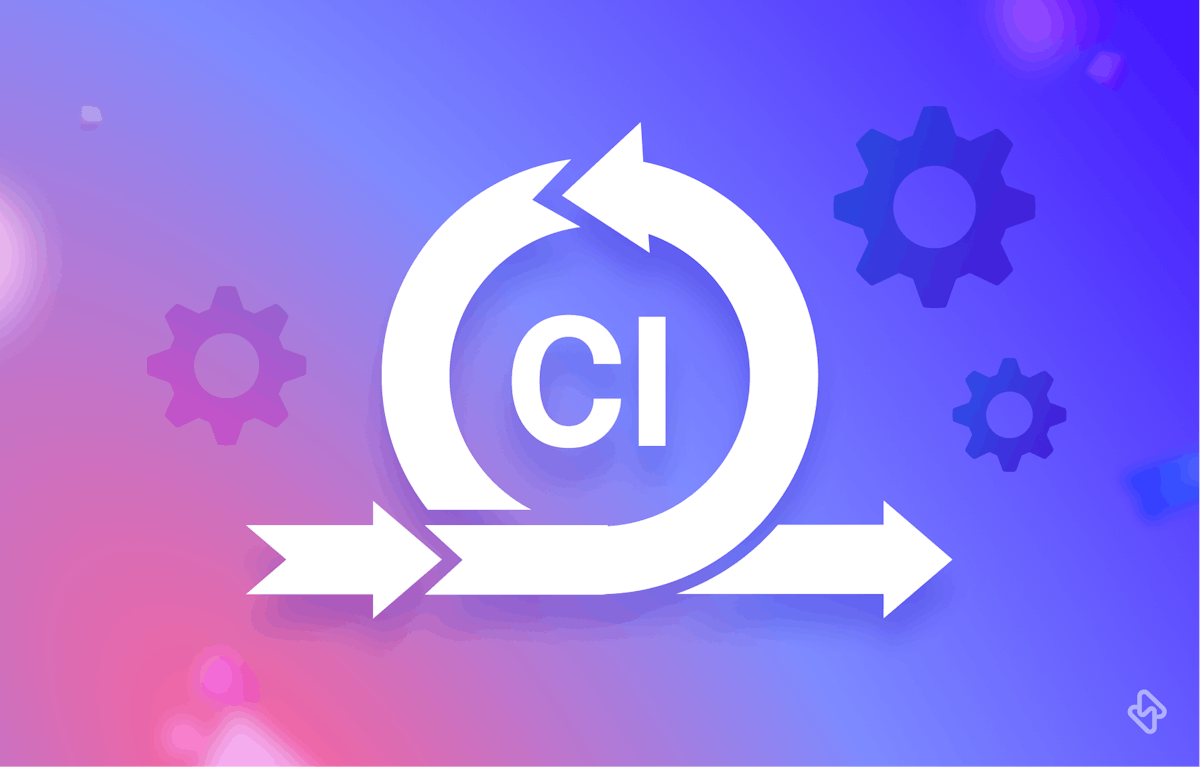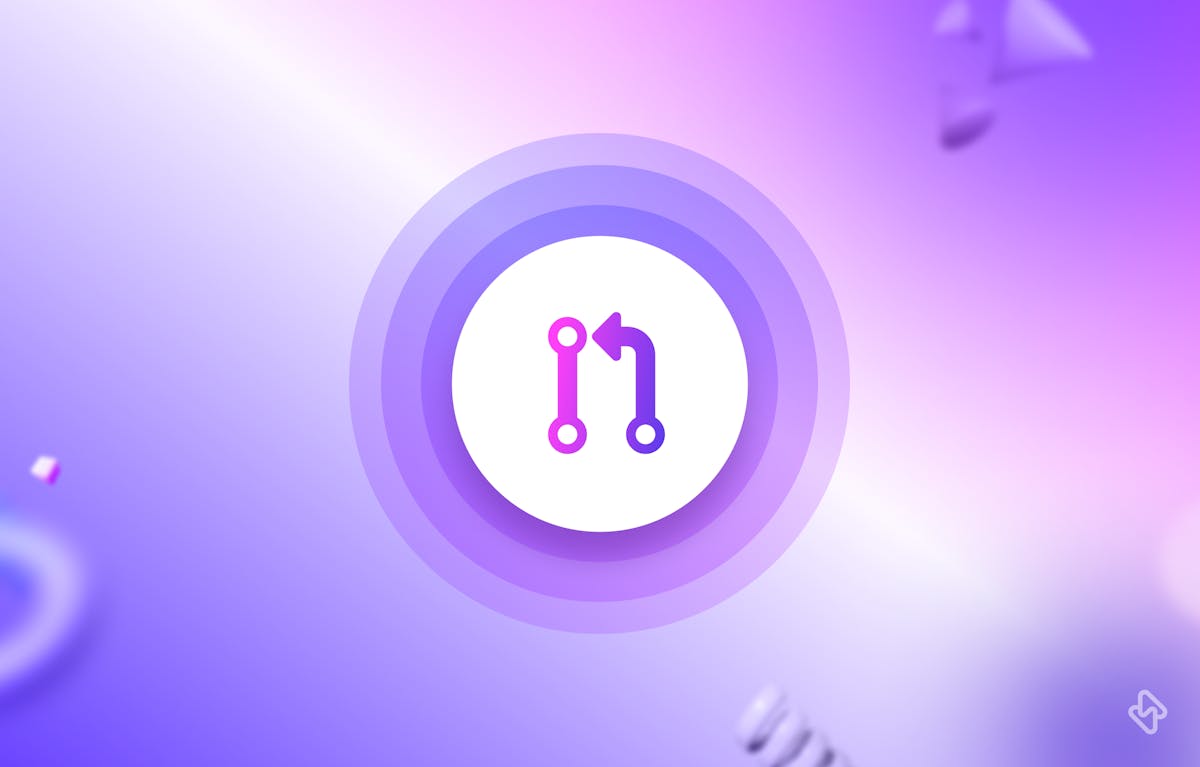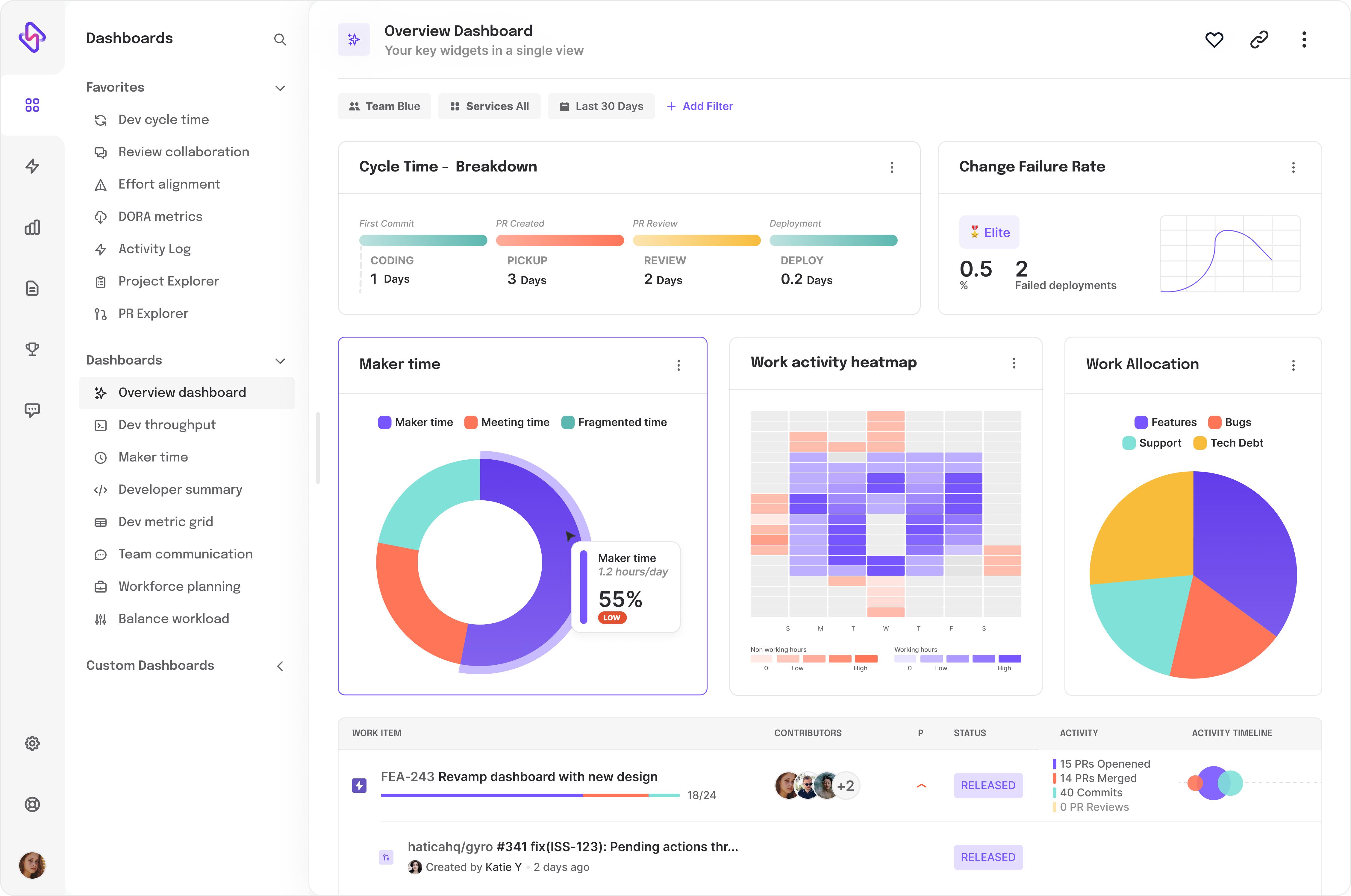Continuous Delivery (CD) pipelines are essential for modern software development practices. CD pipelines automate the process of building, testing, and deploying software, providing faster and more reliable releases. However, managing CD pipelines can be challenging without the right tools. Popular options such as Jenkins, Travis CI, and CircleCI, as well as open-source tools like GitLab CI/CD and Spinnaker, can help you gain faster time-to-market release, improve code quality, reduce cost, increase collaboration, and deliver a better customer experience.
You can benefit significantly from understanding the importance of CD and the tools available to automate your software delivery process. This knowledge can enable you to deliver new features and bug fixes quickly and frequently while ensuring that your code changes are tested thoroughly and continuously.
Top CD Pipeline Tools in Software Development
In this article, we will discuss the top 10 CD pipeline tools that can help streamline your development process.
1. Jenkins
Jenkins is an open-source automation server that is widely used for CD pipelines. It has a vast plugin ecosystem that enables integrations with various technologies and tools. Jenkins provides excellent support for building, testing, and deploying applications in a distributed environment.
Pros:
- Open-source and widely used, with a large community for support
- Supports a vast number of plugins and integrations
- Provides flexibility in creating customized workflows
- Offers an extensive range of built-in tools for testing and deployment
Cons:
- Can be challenging to set up and configure
- The user interface can be overwhelming for beginners
- Can be resource-intensive and may require significant server resources
Also, check out our blog on Why Jenkins is Slow and what you need to do to fix it.
2. Travis CI
Travis CI is a popular CI/CD platform that is widely used for open-source projects. It provides easy-to-use workflows for building and testing applications in a containerized environment. Travis CI also provides excellent support for GitHub and Bitbucket integrations.
Pros:
- Easy to set up and use, with a straightforward configuration file
- Supports multiple programming languages and frameworks
- Provides seamless integration with GitHub and other Git-based repositories
- Offers an extensive library of pre-built and customizable build environments
Cons:
- Limited customization options for complex workflows
- Limited support for private repositories on the free plan
- Higher costs for larger teams and projects
3. CircleCI
CircleCI is a cloud-based CI/CD platform that offers fast and reliable builds. It provides excellent support for containers and offers a range of integrations with various tools and services. CircleCI has an easy-to-use interface and offers excellent support for GitHub and Bitbucket.
Pros
- Offers a user-friendly interface with simple configuration and deployment
- Supports multiple programming languages and frameworks
- Provides easy integration with GitHub and other Git-based repositories
- Offers a wide range of pre-built and customizable build environments
Cons
- Limited customization options for complex workflows
- Higher costs for larger teams and projects
- Some users report occasional stability issues and downtime
[Read more: 5 CircleCI Optimizations For Faster Deployments]
4. GitLab CI/CD
GitLab CI/CD is an open-source CI/CD tool that offers a range of features for building, testing, and deploying applications. It provides excellent support for containerization, and it has an intuitive interface that makes it easy to use. GitLab CI/CD also offers excellent integration with GitLab and other third-party tools.
Pros:
- Offers seamless integration with GitLab repositories
- Provides a user-friendly interface with easy-to-configure pipelines
- Supports multiple programming languages and frameworks
- Provides built-in testing and deployment tools
Cons:
- Limited support for non-GitLab repositories
- Limited customization options for complex workflows
- Some users report issues with reliability and speed
[Read more: How to Build Faster CI/CD Pipelines with GitLab]
5. Bamboo
Bamboo is a popular CI/CD tool that offers a range of features for building, testing, and deploying applications. It provides excellent support for Docker and other containerization technologies. Bamboo also offers integrations with various tools and services, such as Jira and Bitbucket.
6. Azure DevOps
Azure DevOps is a cloud-based CI/CD platform that offers a range of features for building, testing, and deploying applications. It provides excellent support for containerization and offers integrations with various tools and services, such as GitHub and Azure.
7. Spinnaker
Spinnaker is an open-source CI/CD tool that is designed for cloud-native applications. It provides excellent support for Kubernetes and other container orchestration platforms. Spinnaker offers an intuitive interface and provides excellent integrations with various cloud providers.
Pros:
- Offers a robust set of deployment features for multi-cloud environments
- Provides a flexible and customizable pipeline architecture
- Supports a wide range of deployment strategies, including canary and blue/green deployments
- Provides a user-friendly interface with easy pipeline visualization
Cons:
- Can be challenging to set up and configure
- Limited support for on-premise environments
- Some users report occasional stability issues and downtime
8. Codeship
Codeship is a cloud-based CI/CD platform that offers fast and reliable builds. It provides excellent support for containers and offers integrations with various tools and services, such as GitHub and Bitbucket. Codeship has an easy-to-use interface and provides excellent support for multiple languages and frameworks.
9. Octopus Deploy
Octopus Deploy is a deployment automation tool that offers a range of features for deploying applications. It provides excellent support for various platforms and offers integrations with various tools and services, such as Jira and GitHub.
10. TeamCity
TeamCity is an on-premises CI/CD tool that offers a range of features for building, testing, and deploying applications. It provides excellent support for containers and offers integrations with various tools and services, such as Jira and GitHub.
Why Continuous Delivery is Important in Modern Software Development?
Continuous Delivery (CD) is an essential practice in modern software development. It is the process of automating the software delivery process, from building and testing to deployment and release. The benefits of CD are numerous, and some of the most important reasons why continuous delivery is important in software development are:
1. Faster Time-to-Market
CD enables faster and more frequent releases, which means that new features and bug fixes can be delivered to end users quickly. This faster time-to-market gives organizations a competitive edge in the marketplace.
2. Improved Quality
CD ensures that code changes are tested thoroughly and continuously, reducing the risk of defects and errors. This results in higher-quality software that meets user requirements and expectations.
3. Reduced Cost
CD automates the entire software delivery process, which reduces the cost of manual tasks and minimizes the risk of human error. This, in turn, leads to cost savings for organizations.
4. Increased Collaboration
CD requires collaboration between developers, testers, and operations teams, fostering a culture of continuous improvement and innovation. This collaboration also leads to better communication and transparency between teams.
5. Better Customer Experience
CD enables organizations to deliver new features and bug fixes to customers quickly and frequently, resulting in a better customer experience. This, in turn, leads to increased customer satisfaction and loyalty.
Supercharge Your Software Development with CD Pipeline Tools
Continuous Delivery pipelines are critical for modern software development practices, and managing them can be challenging without the right tools. Providing faster time-to-market, improved quality, reduced cost, increased collaboration, and better customer experience, organizations that implement continuous delivery will gain a competitive edge in the marketplace, deliver higher-quality software and improve customer satisfaction.
The CD pipeline tools discussed in this article can help streamline your development process and enable faster and more reliable releases. Whether you are using an open-source or a commercial CD pipeline tool, you should choose one that fits your needs and provides excellent support for your technology stack.






